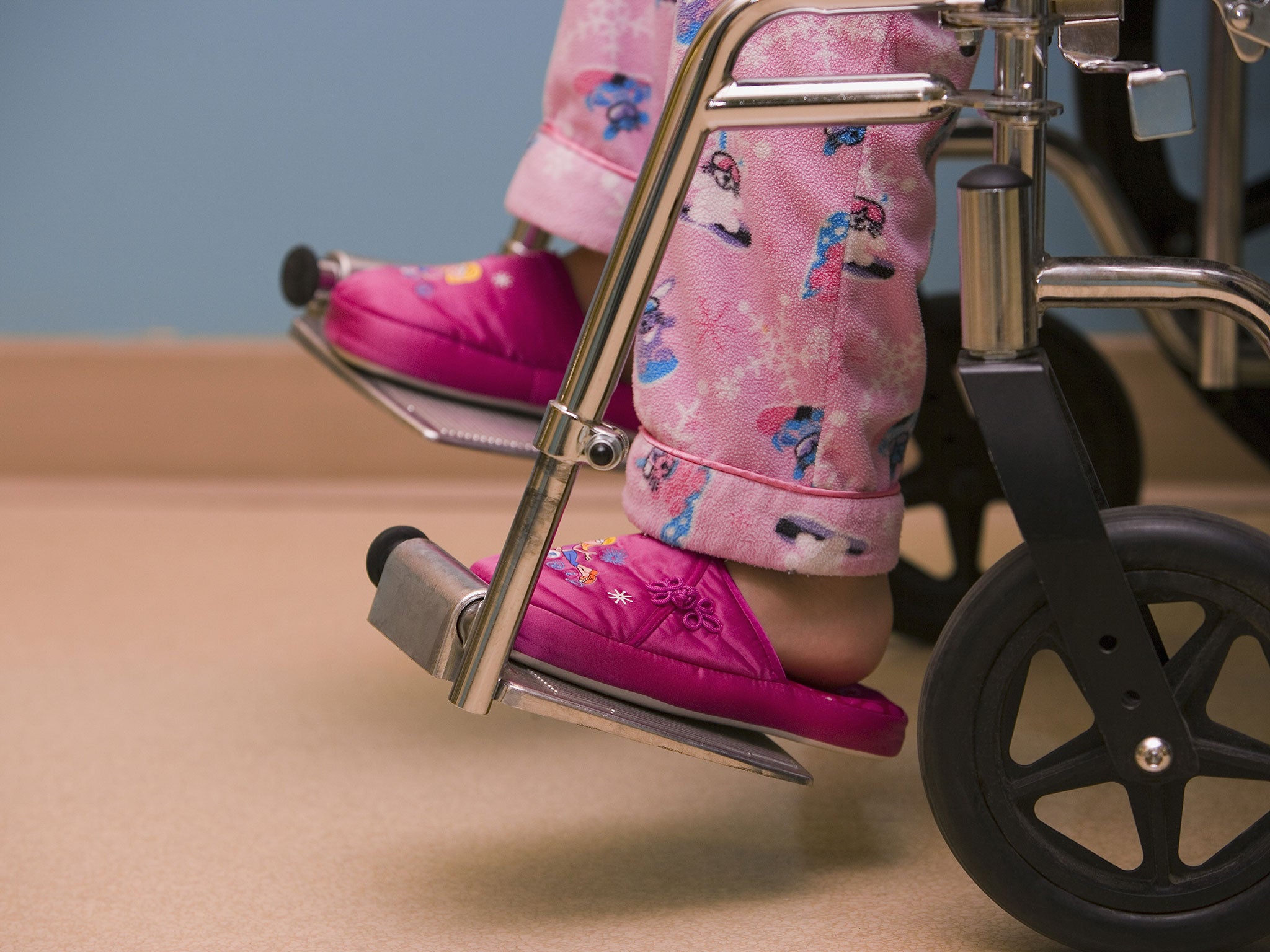Half of children with disabilities do not feel comfortable taking part in sport, study finds
Social stigma is a major barrier, according to one third of parents with disabled children

Your support helps us to tell the story
As your White House correspondent, I ask the tough questions and seek the answers that matter.
Your support enables me to be in the room, pressing for transparency and accountability. Without your contributions, we wouldn't have the resources to challenge those in power.
Your donation makes it possible for us to keep doing this important work, keeping you informed every step of the way to the November election

Andrew Feinberg
White House Correspondent
Half of all disabled children do not feel comfortable taking part in sport, a charity report has found.
More than a third – 36 per cent – of parents surveyed said a major barrier to their disabled child participating in sports is social stigma.
The second major barrier was costs, with 76 per cent of Special Educational Needs schools saying facilities were inadequate for disabled children.
The report, commissioned by children’s charity Variety, identified a number of barriers that make it more difficult for disabled children to participate, leading to an increased risk of social isolation and lack of confidence.
Dr Miriam Stoppard said barriers to exercise could make disabled children more vulnerable to obesity and health problems.
“I believe every child, including those with disabilities, have the right to optimise their physical capabilities and through that their overall wellbeing,” she said.
“In addition, all children, even those with lower levels of fitness, have the right to join in recreational activities with other children and build teamwork and sociability. This isn’t always easy for children with disabilities who are more likely than others to be sedentary, making them more vulnerable to obesity and its attendant health hazards.
“The participation of children with disabilities in any physical activity can minimise the complications of immobility. Not only does it keep them physically and mentally fit, it also fosters independence, coping abilities and working with other team members.”
Variety chief executive Sarah Nancollas said she was disappointed by the lack of opportunities for disabled children and hoped the report would help to shine a light on the issue.
“Whether it’s kicking a ball with your friends or participating in competitive sports for your school, all children deserve to have the opportunity to take part in sports,” she said.
“Sadly, this isn’t the case for many children with disabilities. Whilst we were aware that many of these children faced barriers accessing sports, I am disappointed at how extensive this issue is.”
The report, titled Sporting opportunities for children with disabilities: Is there a level playing field?, analysed data from 137 parents of children aged four to 18 with a disability and 97 staff at schools who collectively work with more than 9,500 children with disabilities.
Subscribe to Independent Premium to bookmark this article
Want to bookmark your favourite articles and stories to read or reference later? Start your Independent Premium subscription today.
Join our commenting forum
Join thought-provoking conversations, follow other Independent readers and see their replies
Comments